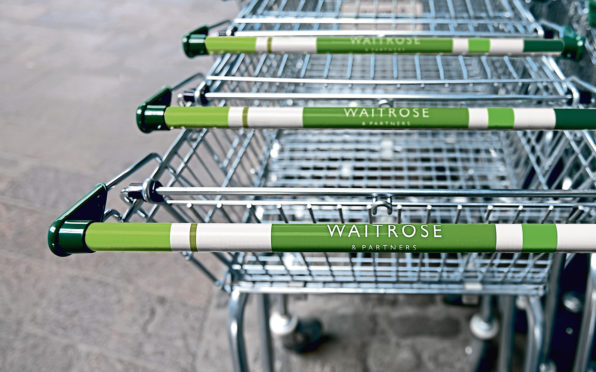Waitrose has teamed up with Scotland’s Rural College (SRUC) to better understand the emotions of animals in the supply chain.
The retailer’s animal welfare development group is working with SRUC’s animal behaviour and welfare specialist, Professor Francoise Wemelsfelder, on a project to assess the emotional expressivity of farm animals.
The project will focus on the Qualitative Behaviour Assessment – a system developed by Prof Wemelsfelder, which focuses on the expressive body language that animals show, such as being curious or scared, when they interact with each other and their environment.
These observations are then built into a framework to record an animal’s emotional state.
“For any given species, you need a list of about 20 terms to describe both the positive and negative aspects of the animals’ emotional range,” said Prof Wemelsfelder.
“Is the animal relaxed, playful, confident or curious? Is it tense, frustrated, agitated or bored? Then you scale the intensity of this expressivity. It’s bored? Well, how bored? It’s content? How content? The scale starts at zero for ‘not at all content’ and goes up to 10 for ‘couldn’t be more content’.”
She said a list of descriptors for assessing an animal’s emotional state was being drawn up for dairy cows, pigs, laying hens, chickens, veal calves, and ducks in the Waitrose supply chain. These will be converted into a toolkit app for Waitrose staff visiting farms to assess animal welfare standards.
John Gregson from Waitrose’s agriculture team said the system could be used as a marketing tool in future.
He said: “If people in our society are going to continue eating meat, then we’re probably going to eat a bit less of it, but I think we can aspire to eat better meat – and that’s meat from an animal that has been raised well, with its wellbeing in mind. Who wouldn’t want that?”
